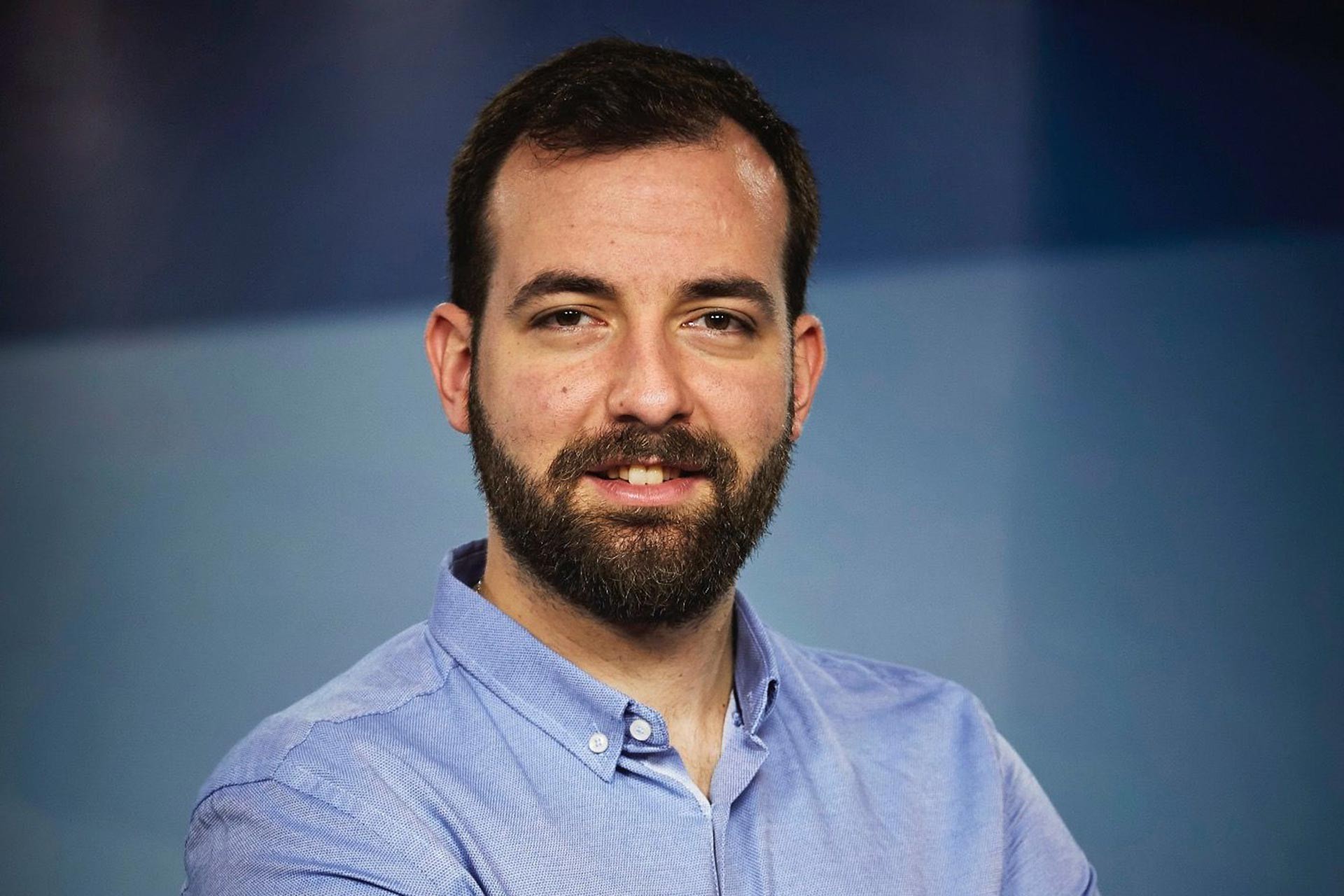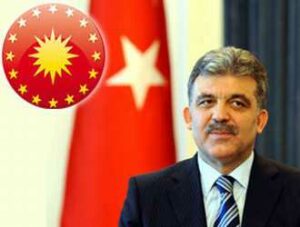The Turkish Grand National Assembly (the TBMM) with its new members opened with novel crisis in the Turkish political history. Unfortunately the crisis, in brief, reflects the weakness of Turkish democracy due to which unelected deputies can proudly take the oath as “legal representatives (?)”, whereas popularly elected real deputies are even not allowed to have the freedom to come to the TBMM. So consequently, we see two major opposition parties declining to take the oath as a reaction to these anti-democratic occurrences.
Of course the situations of both opposition parties are different from one another in terms of both the problem they have been confronted by and the way to react against it. However, it’s undoubted that they are right in their attitudes towards the anti-democratic attacks against their members. What seems to be much more anti-democratic is that instead of resolving ones, provoking and heating steps have been made by the majority-party or the AKP. The deputies-chairman of the AKP have brought up every probable precaution that would prevent these opposition parties from continuing their democratic struggles.
One should never forget the fact that in this sense the attitudes of these opposition parties not to take the oath are already taking an oath, which is made for the sake of real democracy and “national-popular will” as opposed to the general belief associating the loyalty to the will of nation with a formal “oath”.
I never want that my support for the attitudes of opposition parties is taken to contain partisan biases or anarchic feelings by my readers especially my dear colleagues believing that this attitude could reduce the power of the opposition parties in the parliament. That’s why I preferred to explain my support. First of all one should accept that democratic societies are to recognize the “supremacy of law” which highlights that no public or private activity can be against legal provisions. So I, since I identify myself as a “real democrat”, am also not against any judicial investigation, as far as it’s in line with the universal human rights. However, here we see all the accused are the AKP-opponents who have been imprisoned by highly politicized judicial activities such as the insist on imprisoning despite the inexistence of evidences, inhuman duration of detention, usage of unreal and irrationally “made” evidences, etc. So these lawless implementations are leading us to have no doubt that this is a politically prejudicial operation conducted by the AKP rather than a rightful judicial investigation conducted by independent judiciary. Simply in order to react this, some of the accused people were proposed as candidates and they were elected. So nobody can take their inalienable right of being popularly elected.
Another group of commentators and even some of the CHP-electorate claimed that the best way of struggling against this would be the parliamentary struggle. I think this is a simple parliamentary-conservative point of view. Why then? Because everyone knows that the parliamentary struggle provides a single way which I believe is definitely a vicious circle: initiating bills which have always been tried by the opposition parties and rejected by the ruling parties.
So I believe Turkey, if it demands more democracy, should react anti-democratic activities in non-conservative and a bit more radical ways, because democracy is the only thing ensuring people’s freedom. So in order to manage this reaction process, one should first gain consciousness enabling to see the realities. I think, the Republican People’s Party (the CHP) acted in line with this, which I hope will contribute future change in peoples mind [towards consciousness]. For this, the CHP ought to express its view to the people in the right way. In this process, the consistency is also of a great significance. If you took the oath of democracy, you should be consistent in your belief in democracy, even if no one tends to support you. “Do what you think is right, do it not for the sake of someone but for the sake of the right”
Edgar ŞAR


 As you all know, in parliamentary systems of government, the Presidents, as Head of State, stand for the state, which charges them the obligation to reflect neutrality, no matter whether they are from a political party out of the parliament. In Turkey, additionally, the President is supposed to stand for the republic and, thus, the “people of Turkey”, which enforces him to be neutral as an ethical and moral task.
As you all know, in parliamentary systems of government, the Presidents, as Head of State, stand for the state, which charges them the obligation to reflect neutrality, no matter whether they are from a political party out of the parliament. In Turkey, additionally, the President is supposed to stand for the republic and, thus, the “people of Turkey”, which enforces him to be neutral as an ethical and moral task.